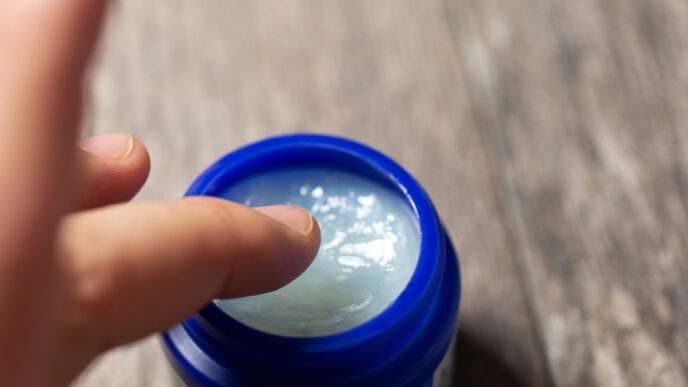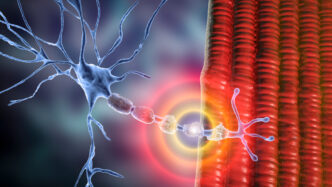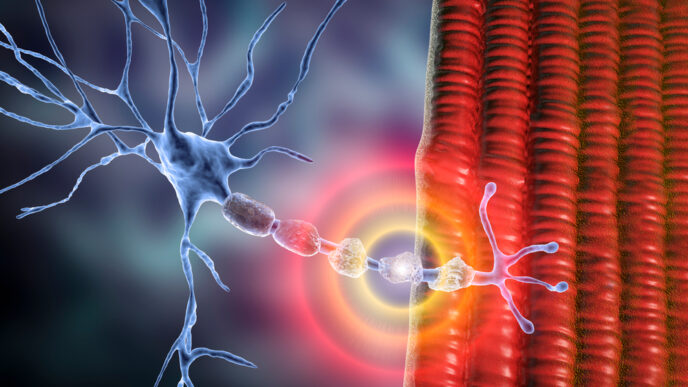Non-steroidal anti-inflammatory drugs (NSAIDs) are a group of medications that can help reduce inflammation, pain and fever. As a result, they are commonly used as painkillers. However, NSAIDs can, somewhat ironically, also bring pain and discomfort as they can cause ulcers to form in the stomach and small intestines as a side effect.
WORDS LIM TECK CHOON
 FEATURED EXPERT FEATURED EXPERTDR CHIENG JIN YU Consultant Physician, Gastroenterologist and Hepatologist Pantai Hospital Ampang |
“Non-steroidal anti-inflammatory drugs, or NSAIDs, are among the most commonly prescribed medications in the world,” Dr Chieng Jin Yu says. “They are used to reduce pain and inflammation.”
- NSAIDs are available by prescription as well as over the counter at a pharmacy.
- Because of their usefulness, NSAIDs are commonly prescribed to patients who experience pain due to surgery, bone or muscle issues, rheumatoid diseases (diseases involving the bone, joints and muscles such as rheumatoid arthritis) and more.
- Aspirin has an additional benefit – it helps to reduce the chances of blood clot formation – so it is also prescribed to people recovering from heart attacks and strokes.
NSAIDs: FRIENDS OR FOES?
The COX-1 Problem
When you take an NSAID, it works by blocking certain enzymes in your body called cyclooxygenases, or COX for short. There are two main types: COX-1 and COX-2.
COX-2
- COX-2 is the troublemaker your body produces when you’re injured or inflamed.
- It helps create chemicals called prostaglandins that lead to pain, swelling, and fever.
- NSAIDs block COX-2 to reduce these symptoms, which is great.
COX-1
- Here’s the catch: NSAIDs also block COX-1.
- Dr Chieng explains that COX-1 isn’t a troublemaker. In fact, it’s a good guy.
- COX-1 helps our body with important everyday jobs, like protecting the lining of your stomach, maintaining blood flow to your kidneys, and supporting blood clotting.
When COX-1 gets blocked, your body makes fewer of those helpful prostaglandins that shield your stomach lining from acid.
Without that protection, your stomach is more vulnerable to irritation, ulcers, and even bleeding.
So ironically, a painkiller meant to ease discomfort can end up causing new pain in your gut!
This is why some people may experience damage in their gastrointestinal tract lining after prolonged use of NSAIDs or taking high dosage of NSAIDs.
Effect on the Oesophagus
- Damage to its oesophagus lining can cause ulcers to form.
- Over time, constant ulceration can cause scars, which in turn can lead to the narrowing of the oesophageal tube.
- This narrowing, called oesophageal stricture, can make swallowing difficult.
Effect on the Stomach and Duodenum
- Dr Chieng shares that studies suggest about 10% to 40% of people taking NSAIDs experience stomach ulcers within the first 3 months of use.
- The prevalence for duodenal ulcers is about 4% to 15%.
- Sometimes, there are no symptoms; these ulcers are only discovered during an endoscopy.
Effect on the Small Intestine
Dr Chieng points out that NSAID-induced damage to the lining of the small intestine can lead to:
- Narrowing or strictures of the small intestine
- Inflammation (enteropathy)
- More serious complications such as perforation or formation of holes in the walls of the small intestine
To date, we still have not found the exact mechanism that leads to small bowel damage, but some researchers believe that increased intestinal permeability and/or disruption of the mucosal lining structure could be involved.
Furthermore, Dr Chieng points out that a study in 1992 suggests that the prevalence of ulcers in the small intestine is about 8.3% among people with rheumatoid arthritis who are on NSAIDs.
WHO IS MORE AT RISK OF THESE SIDE EFFECTS OF TAKING NSAIDs?
- Those older than 65.
- People who also take corticosteroids.
- Those with a history of stomach or small intestinal ulcers.
- Those taking NSAIDs at high dosage.
- People who also have Helicobacter pylori infection.
- People who take aspirin daily (including low-dose aspirin for cardioprotective purposes).
- Those who are also on blood thinners or anti-platelet drugs such as heparin and warfarin.
SIGNS OF SIDE EFFECTS TO WATCH OUT FOR
- Abdominal pain that may improve after eating, drinking or taking antacids.
- Unusual weight loss.
- Nausea or vomiting. The vomit is often bloody with particles that resemble coffee grounds.
- Bloating.
- Easily feeling full during a meal.
- Burping or acid reflux.
- Heartburn.
- Bleeding from ulceration may lead to anaemia, hence one may also experience tiredness, shortness of breath, pale skin and other symptoms of anaemia.
- Dark, tarry stools.
If we fall into any of the high-risk categories, and we experience any of the above symptoms after taking NSAIDs, we should inform our doctor as soon as possible.
DOES THIS MEAN THAT WE SHOULD AVOID TAKING NSAIDs?
No, definitely not!
Dr Chieng epxlains that NSAIDs continue to be used these days because, like many medications, the benefits outweigh the risk of side effects.
Not Everyone Experiences Side Effects
It is possible that you may not experience any side effect at all if you take NSAIDs.
For most people, even if side effects were to occur, these side effects are usually manageable.
What is important is to let your doctor know early if you fall under a high-risk group, so that your doctor can advise you on how to take NSAIDs without increasing your risk of side effects.
People Don’t Often Take NSAIDs on a Long-Term Basis or on High Dosage
NSAIDs are rarely taken on a long-term basis, so not everyone will be subjected to high dosage that is often the cause of side effects.
If long- term medication with NSAIDs is necessary, doctors can also prescribe proton-pump inhibitors (PPI), a type of medication that can help reduce the risk of NSAID- induced ulceration.
TIPS ON USING NSAIDs SAFELY
Dr Chieng also shares a few other useful tips when it comes to getting the most benefits out of this group of medications.
- Don’t self-medicate when it comes to NSAIDs. We should follow our doctor’s advice, which is typically to take the lowest dose possible for the shortest time needed.
- Take NSAIDs at the end of a full meal or with an antacid. This helps to reduce stomach irritation and ulcer formation. NSAIDs should never be taken on an empty stomach!
- Limit alcohol intake, as alcohol also irritates the mucosal lining of the gastrointestinal tract.
- Stop smoking – this habit will only worsen the irritation caused by NSAIDs.
If You Can’t Take NSAIDs, Don’t Worry!
Dr Chieng also shares that there are other therapies to relieve pain, such as hot or cold packs as well as physical therapy.
| This article is part of our series on pain and good pain management measures. |














